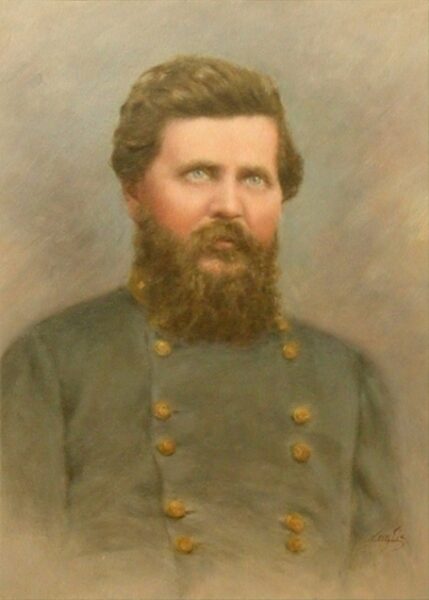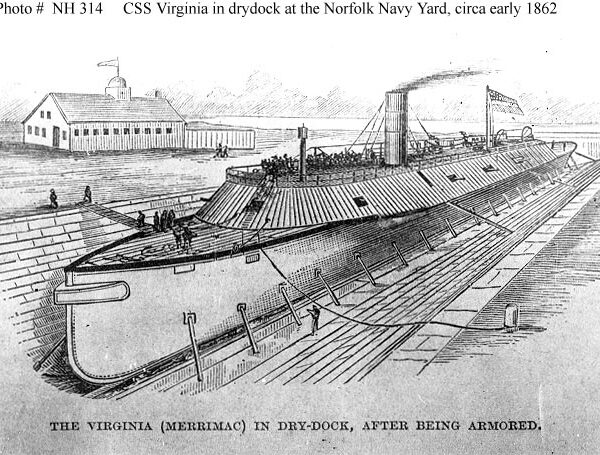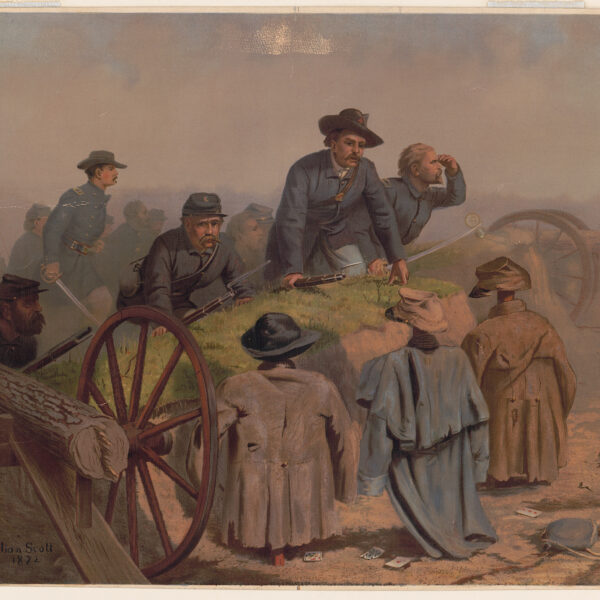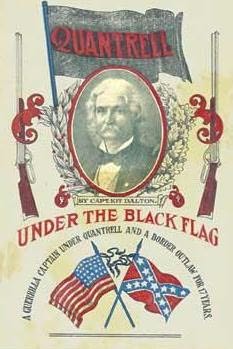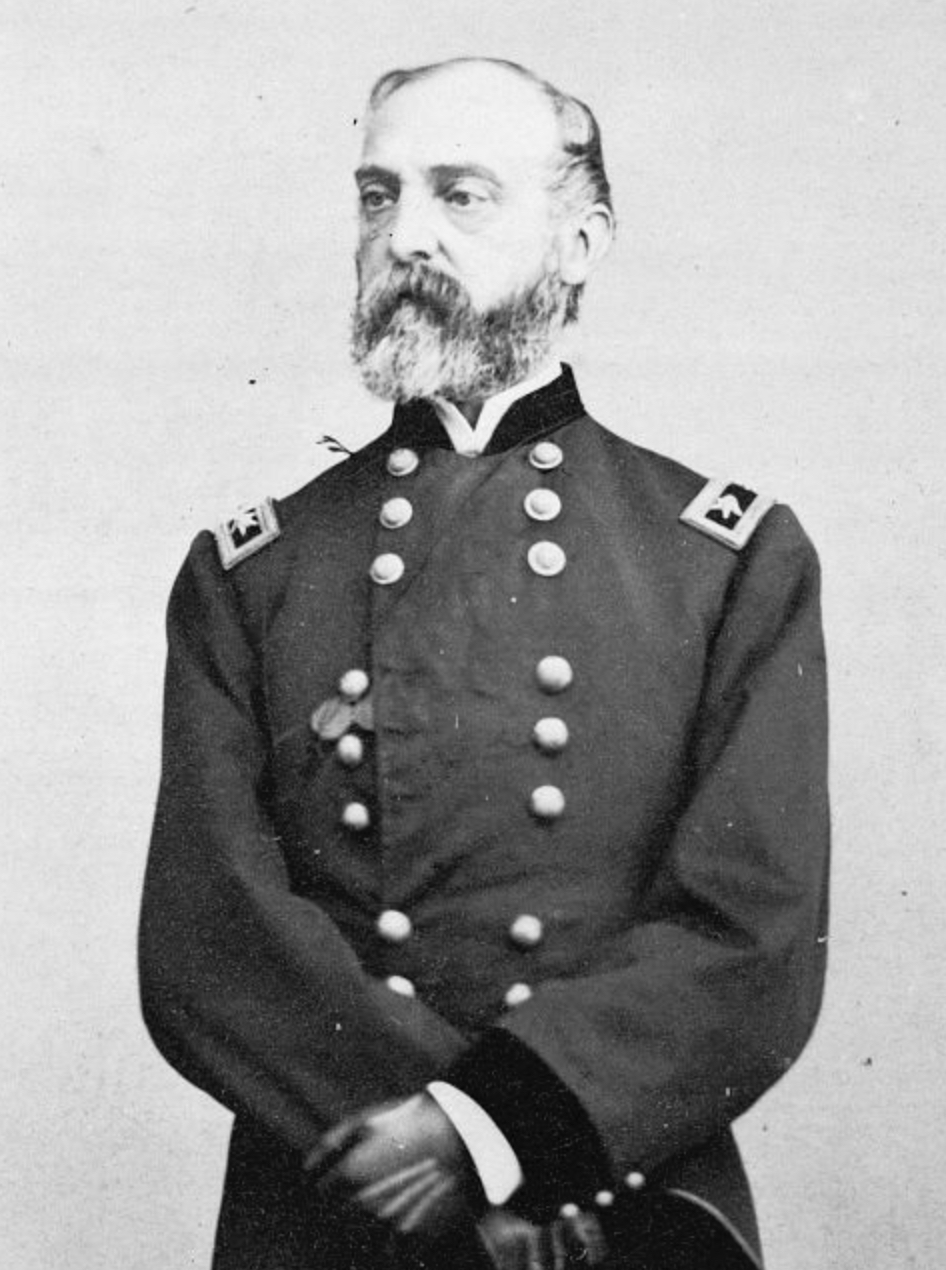
Major General George G. Meade
For the Dossier section of our Fall 2022 issue, we asked a panel of Civil War historians a series of questions about Union general George G. Meade, from what they most admired about the Army of the Potomac commander to their favorite book about him. Due to space constraints, we weren’t able to include any of the answers to two of our questions for the panel. Below are the questions, and their answers, in full.
Beside Ulysses S. Grant, was George G. Meade the Union’s best army commander? Yes or no?
Yes (12%):
“As William T. Sherman was an army commander for a short time with an undistinguished performance at Chattanooga, I’d cast my vote for Meade, although it’s very close with George Thomas.”
—Brooks D. Simpson
“Yes. As the operational commander of the Army of the Potomac for only two full days, Meade responded to the emergency at Gettysburg on July 1 by ordering all of his corps to march there, and then, on July 2 and 3, he took complete tactical command of the army on the battlefield, securing thereby the Army’s first victory in twenty-one months of the war.”
—Kent Masterson Brown
No (88%):
“Meade was, undoubtedly, the best commander of the Army of the Potomac, but William Sherman eclipses him, assuming that he can be called an ‘army’ commander during the Atlanta Campaign and the subsequent March to the sea.”
—A. Wilson Greene
“On balance I’d have to say Sherman. He commanded over a wider area, a larger army, and managed to build a more cohesive and collegial senior staff and command corps.”
—William C. Davis
“No. George Thomas and William T. Sherman both demonstrated greater ability and accomplished more as army commanders.”
—Ethan S. Rafuse
“No, Meade should take a seat behind George Thomas, William Tecumseh Sherman, Philip Sheridan and (I say this with a certain amount of hesitation) George McClellan, and alongside William Rosecrans—although Meade was clearly an improvement on Buell, Burnside, Hooker, McDowell, and Pope.”
—Allen C. Guelzo
“No, I think William T. Sherman was a better army commander than Meade, unless you consider Sherman as an army group commander.”
—Joseph T. Glatthaar
“Meade’s ‘best’ was focused on just one command—the Army of the Potomac, 1863–1865—the army that he served well and faithfully ‘for the war.’”
—Stephen W. Sears
“No, not even close because William Tecumseh Sherman, George H. Thomas, and Philip Henry Sheridan easily belong ahead of him, and John M. Schofield might as well.”
—Gary W. Gallagher
“I don’t think he was the ‘best’—he certainly was one of the best. I think I’d list Sherman before Meade, for example. Meade proved successful at Gettysburg, of course, but then once Grant came east, he always had Grant looking over his shoulder.”
—Lesley J. Gordon
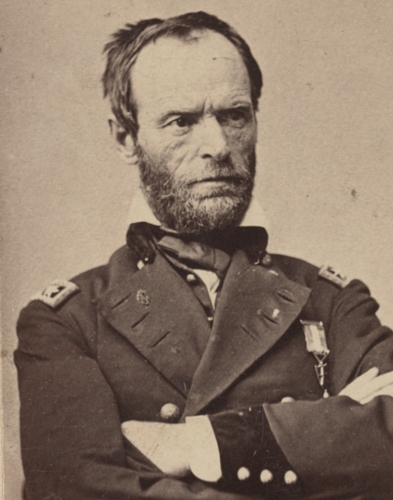
Major General William T. Sherman
“No. Meade should certainly be considered among the North’s best, most capable generals, but Meade demonstrated some serious limitations as an army commander, particularly in developing and implementing operations, which were most glaringly apparent in the nine months following the Gettysburg Campaign and Grant’s arrival to the Eastern Theater.”
—Jennifer M. Murray
“Meade lacked the imagination that Sherman possessed, particularly when it came to the operational management of an army.”
—Peter S. Carmichael
“No. Meade was solid and had a tough job with his boss looking over his shoulder much of his tenure, but Sherman was the superior army commander.”
—John J. Hennessy
“No; though the fact of the matter is, we only have one battle to judge Meade on in terms of his performance as the leader of an army (as opposed to a division, a corps, etc.). Yes, he was the commander of the Army of the Potomac until the end of war, but Grant ran the show—as evidenced by the fact that Meade was not present for Lee’s surrender at Appomattox, despite his prominent position within the Union high command. In terms of pure military ability on the Union side, a few names would likely rise above Meade—William T. Sherman and George Thomas being the two most obvious. If limiting the list to Army of the Potomac commanders, however, Meade undoubtedly surpassed his colleagues as that army’s most successful leader.”
—Cecily Zander
“No—that’s a superlative I would reserve for the Rock of Chickamauga, George Thomas.”
—Brian Matthew Jordan
“No. Meade did not during his tenure as an independent commander—that is, when not under Ulysses S. Grant’s immediate supervision—demonstrate the capability over time to successfully leverage his operations toward the accomplishment of the Union’s strategic goals.”
—Christopher S. Stowe
“No, because Sherman’s record during the Atlanta campaign and the March to the Sea remain too impressive a c.v.” —Wayne Hsieh
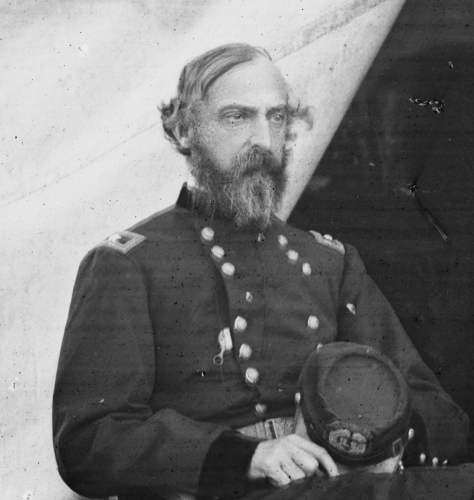
Meade in September 1863
What one word do you think best characterizes Meade’s Civil War career/service?
“Underappreciated.”
—A Wilson Greene
“Dedicated.”
—William C. Davis
“Conservative.”
—Ethan S. Rafuse
“Impressive at every level of command.”
—Joseph T. Glatthaar
“Dedication (to the cause).”
—Stephen W. Sears
“Steady.”
—Gary W. Gallagher
“Misinterpreted.”
—Lesley J. Gordon
“Meritorious.”
—Jennifer M. Murray
“Undervalued.”
—Brooks D. Simpson
“Dependable.”
—Peter S. Carmichael
“Adaptable.”
—John J. Hennessy
“Fidelity.”
—Cecily Zander
“Overshadowed.”
—Brian Matthew Jordan
“Dependable.”
—Christopher S. Stowe
“Duty.”
—Wayne Hsieh
“Loyalty.”
—Kent Masterson Brown
Related topics: George Meade

